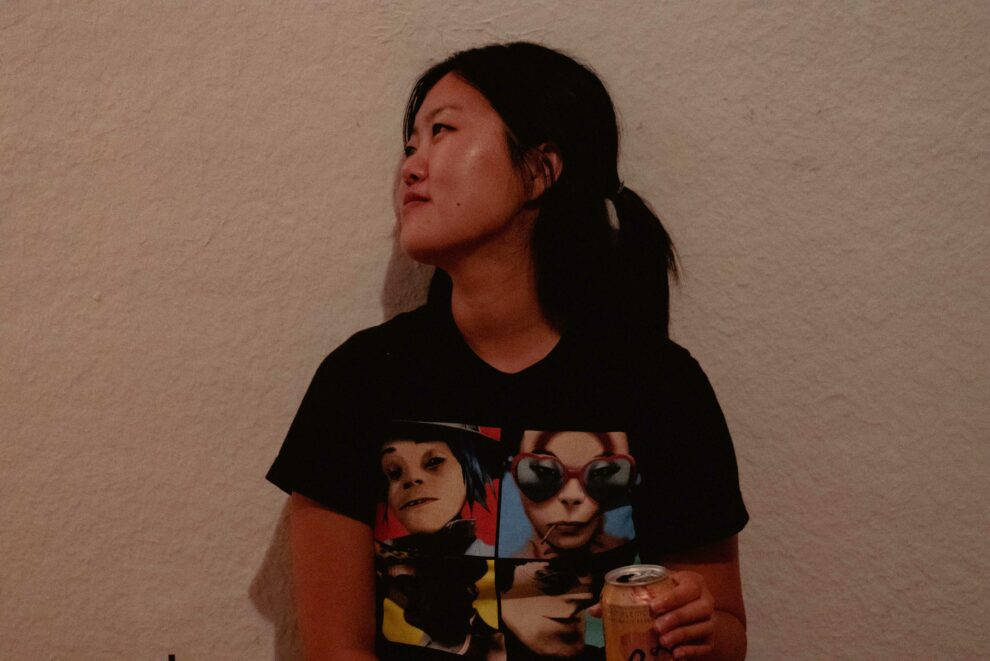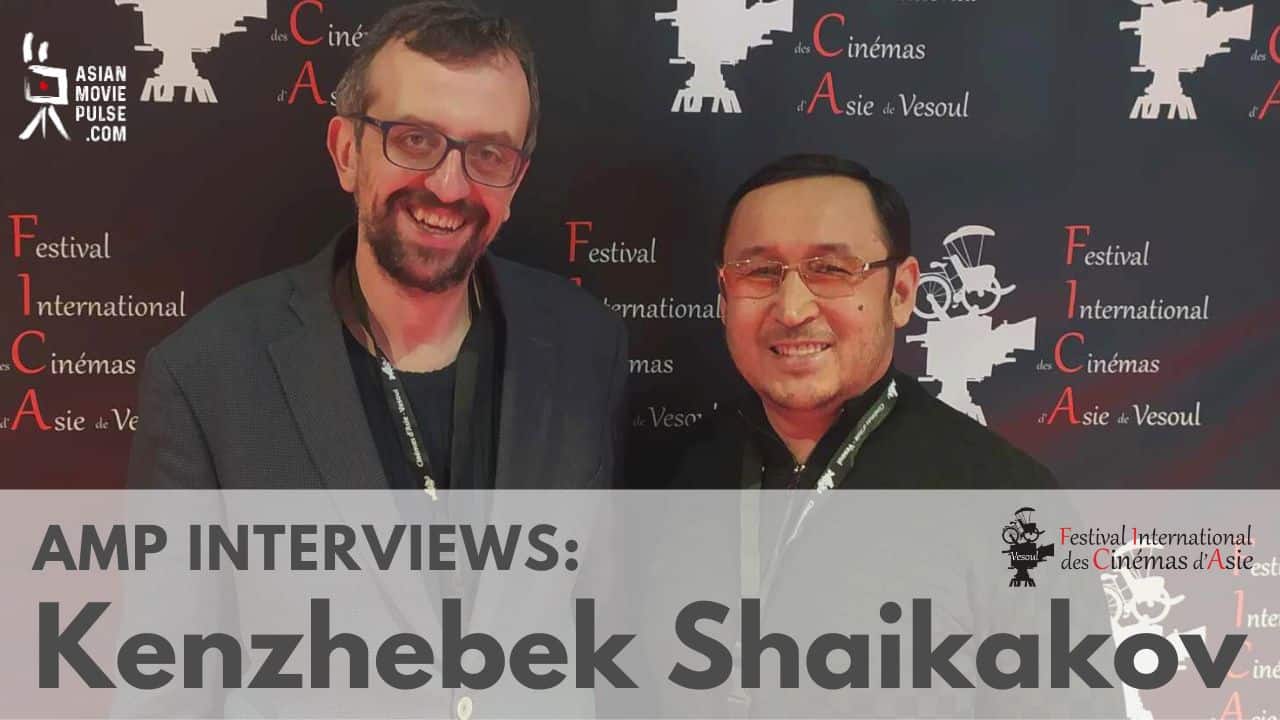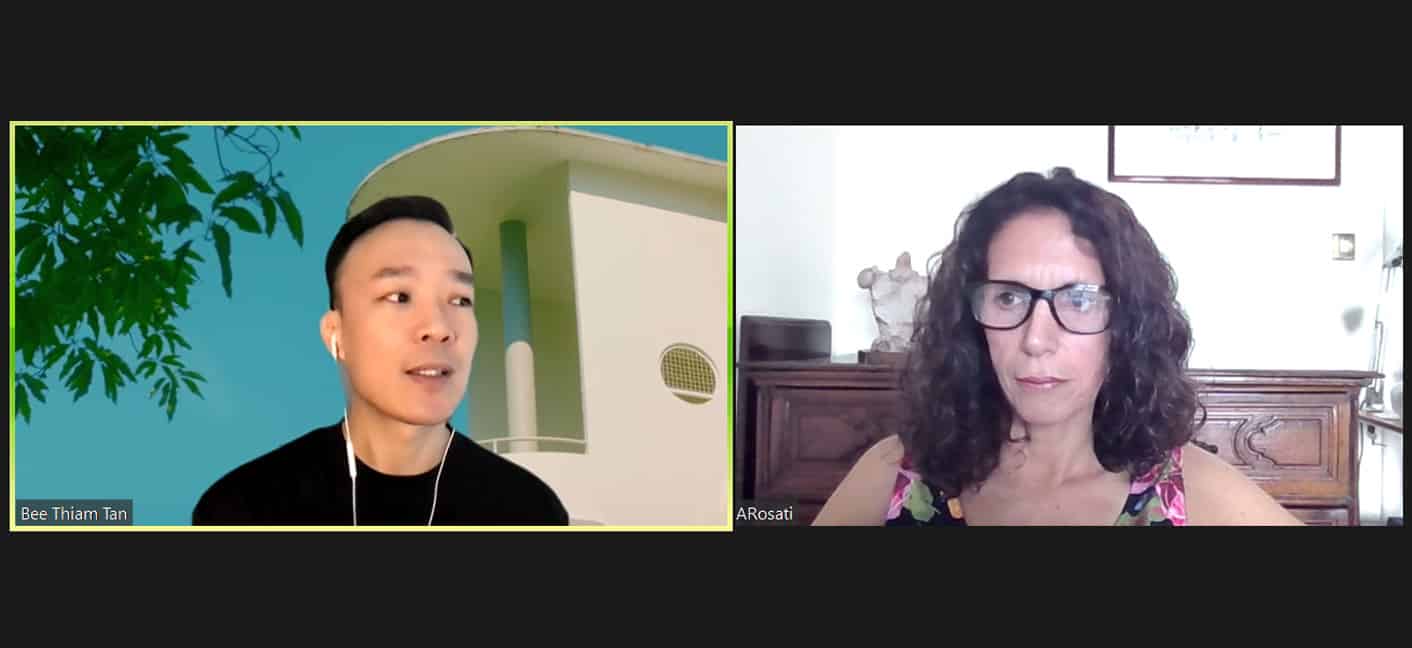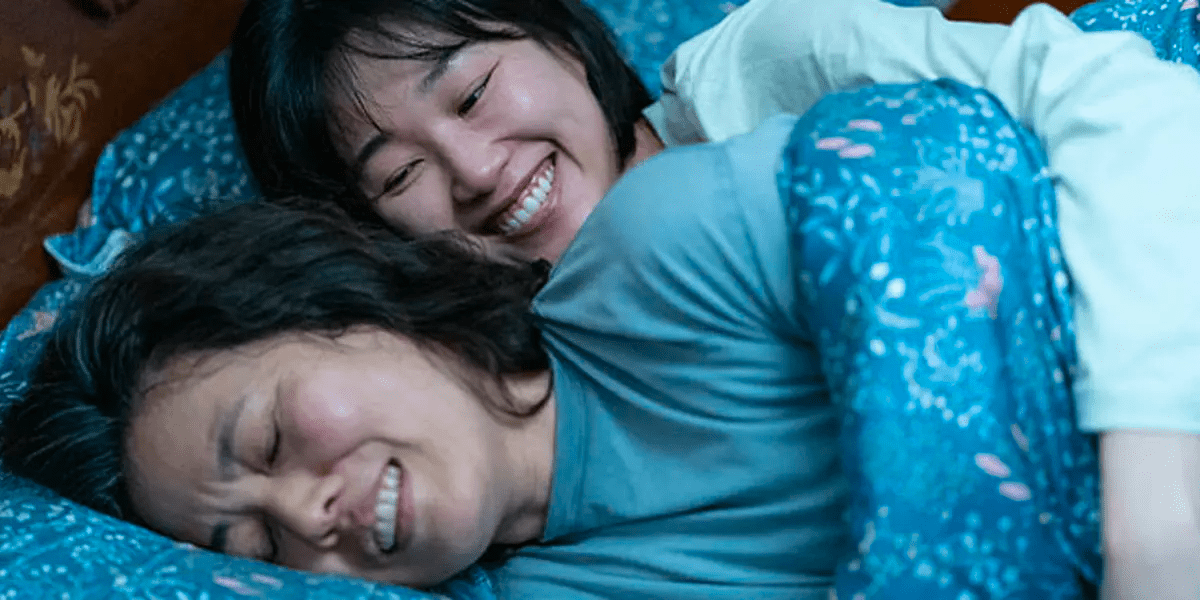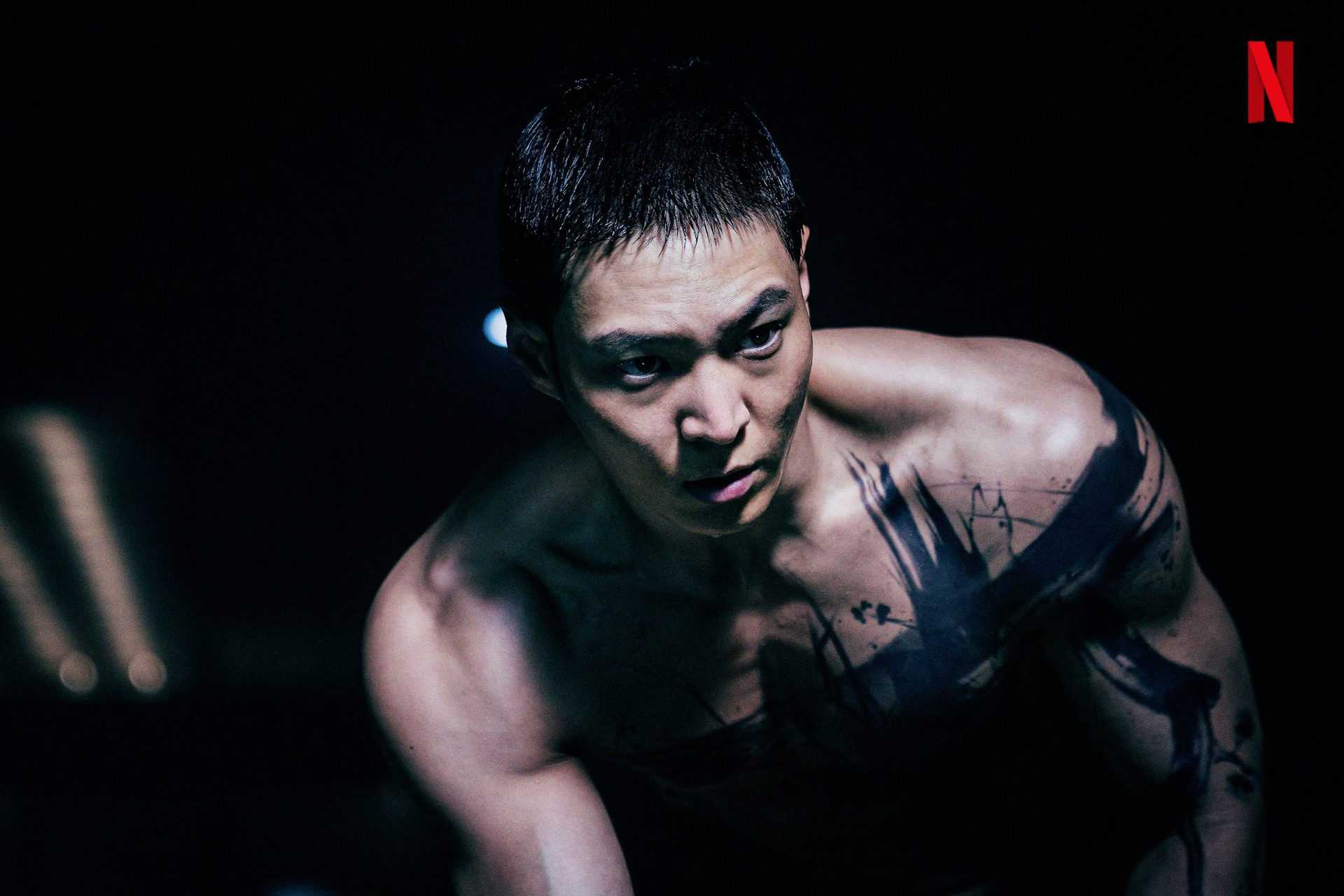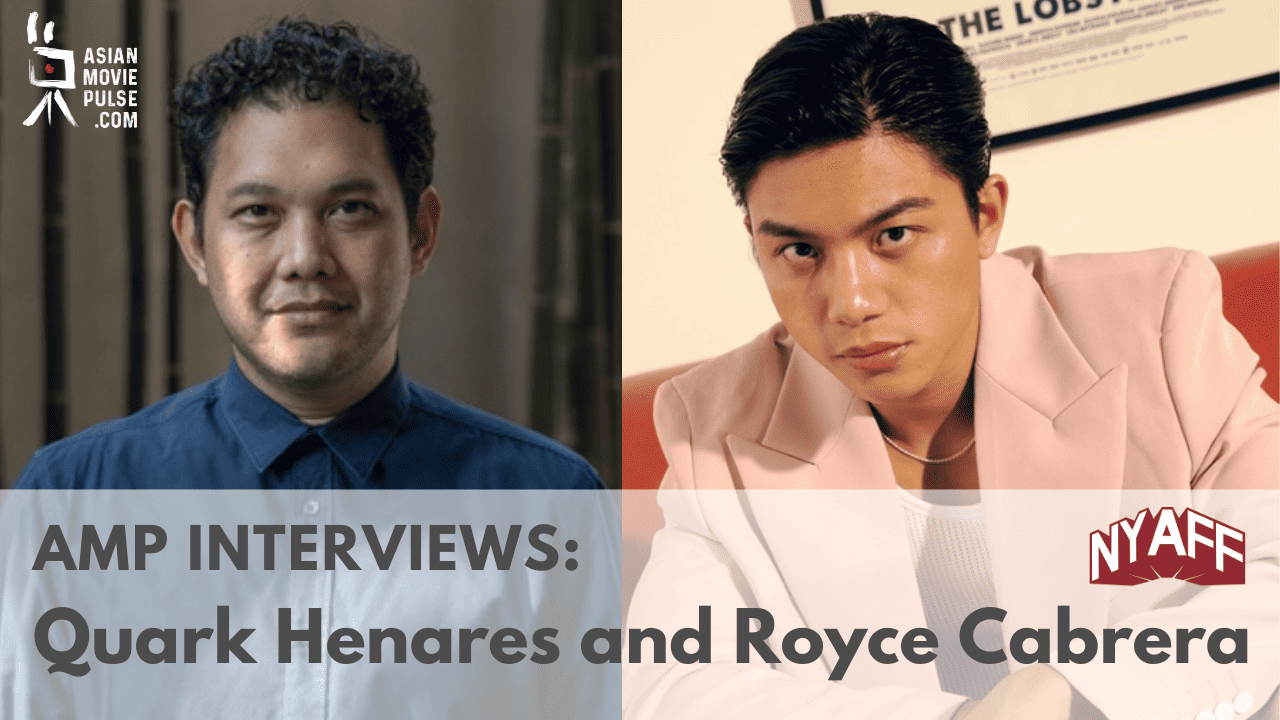Jiwon Lee is an award-winning Korean writer based in Los Angeles. Her short films that she has written and directed were screened at major film festivals around the world including Diversity in Cannes Short Film Showcase, Indie Short Fest, and LA Asian Film Festival. Her scripts have been selected as Second Rounders at the 30th Austin Screenplay Competition and was also a Semi-Finalist for the Screencraft Short Film Fund. Beyond her credits in film, her memoir The Third Culture Teen: In Between Cultures, In Between Life Stages was the #1 New Release in its category on Amazon. Jiwon is also currently working as the showrunner's assistant for Netflix's XO, Kitty. Jiwon loves to bring out the complexities of the expat experience through a sprinkle of absurd or dark comedy.
Hi, Jiwon! Thanks for making the time today. Why don't we first get started with how you decide to become a writer?

Hi! So honored to speak with Asian Movie Pulse today.
I first grew an interest in writing through reading books. I'm a Third Culture Kid who moved to Malaysia when I was in 3rd grade. At that time, I hardly spoke any English but had to attend an American international school. I wanted to prove myself to my friends through something, and it ended up being reading. If you were one of the top few people who read the most books, you got to have a sleepover in the library with the principal, and achieving that became my goal. Unfortunately, I had to move to China right as I was getting there, but by that point, I had already become obsessed with reading and naturally, started writing stories of my own.
From then on, I wrote a lot of stories and eventually self-published a little novel in 6th grade. My mom left a copy in the school library, and when I returned to the same school a couple of years later, I discovered that there was a fan of my book from middle school! I still remember the moment when I signed his copy in the cafeteria, and I felt like I actually left a mark on the world through writing.
Eventually, my passion for writing grew into other areas, specifically, film, and I've mostly been writing screenplays since coming to Los Angeles to study film. Storytelling is such an integral part of my identity that even if everything gets taken away from me, I think I'll still be writing a story of some sort in some format.
What has your journey so far been like as a writer?
I would say ‘it's just started' is the perfect way to describe it! I have been fortunate to find some success in film festivals and screenplay competitions. It has been extremely encouraging to see my scripts find an audience at major competitions like the Austin Screenplay Competition or Outstanding Screenplays Shorts Competition.
As you might have noticed though, a majority of my accolades come from writing short screenplays because I'm such an impatient filmmaker, and I constantly want to write something that I can see get made in the near future. I'm constantly learning about longer-format storytelling through my new job and through hearing from other talented writers around me, and I hope to find similar success in feature scripts this year.
You have also had experience directing your own scripts. How was that experience, and how did it inform your writing?

I first signed up to direct my own scripts because I wanted greater control over how my stories were told. As a writer, you have lived and breathed with your characters for so long that you wish to have them on screen precisely as you have imagined them. Ironically, the lesson I learned from directing is to give more room in my writing. On set, directors bring in their own wonderful interpretation of the story, and so do actors, cinematographers, production designers — and every other talented person on set. On top of that, with various circumstances during the shoot like budget or location, there may be major deviations from the original script. In short, I learned to be less precious about what I write, which, I believe, is the first mindset of working as a professional writer in the industry.
While there have been many strides in recent years, Asian representation is still a very relevant topic in the industry. How has your experience been working as an Asian woman in Hollywood, and what are your thoughts on the future of Asian cinema?
It surprisingly hasn't been that long since Asian stories were normalized in Hollywood. For too many decades, studios, filmmakers, and even audiences have become so accustomed to the “White story” being the “normal” story in film and television. This has tangible impacts on society, as I've heard firsthand from friends from AAPI communities who were raised on media that made them question the culture of their homes. While I was lucky to have mostly worked with great people in the industry, there have still been cases where people would comment that my scripts feel too “specific” or too “Asian.” Fortunately, with great works like Parasite, Minari, Everything Everywhere All at Once, and more, Asian stories proved that they have commercial viability and can connect with audiences around the world. I'm confident that we have more great Asian stories coming as long as we continue to be conscious of the content we produce and consume.
As someone who identifies both as a global nomad and an Asian woman, my goal is to delve into more specifics of the Asian diaspora, similar to the themes of Past Lives. As industry people or as audiences, I think all of us have a responsibility to put more diverse stories that reflect our authentic experiences onto the screen.
What are your favorite themes and characters to write?
As briefly discussed above, I think I gravitate toward stories of nomads and outsiders because I was raised as one myself. It is a very distinctive experience to move countries and cities constantly and to have to adjust to a different host culture during the confusing times of adolescence. I think my subconscious desire to want to belong somewhere is reflected in the characters I write who do not quite fit in and want to desperately find somewhere to belong. Of course, that wish is not as simple as it sounds, and it leads to conflicts regarding cultural differences, intimate relationships, and one's identity. I want to continue writing about “outsiders,” and by giving my characters a voice, give audiences who have shared similar experiences also a voice.
Tell us about your role models and creative inspirations.

I love writing that is seemingly mundane yet brings out life-changing revelations within the audience. Some of my favorite scripts are Todd Haynes' Safe, Bora Kim's House of Hummingbird, and Kore-eda Hirokazu's Nobody Knows. Besides narrative live-action movies, I love watching other forms of media like anime or documentaries and draw a lot of inspiration from that as well.
More oftentimes, however, the initial idea for a script will come from a random image or experience in my own life. My short film Call for Cassie came from my memories of getting massages in China, for instance, and my script Ride or Die was inspired by an abandoned building I saw while walking to a bar in Pittsburgh.
What's next for you?
I'd like to further hone my writing skills. I'm currently working on a feature screenplay that I plan on submitting to fellowships. On top of that, I'm constantly learning from the writers' room at my current job and have hopes of being staffed as a writer on a show like XO, Kitty one day!
Per my habit of writing and shooting short films, I have also recently shot a sci-fi short film titled Human Evaluation, which is currently in post-production and will hopefully be released through film festivals in the near future.
Please follow me on my Vimeo page (https://vimeo.com/user91199873) or IG (@eejeeone) for more films and updates from me. Thank you!


